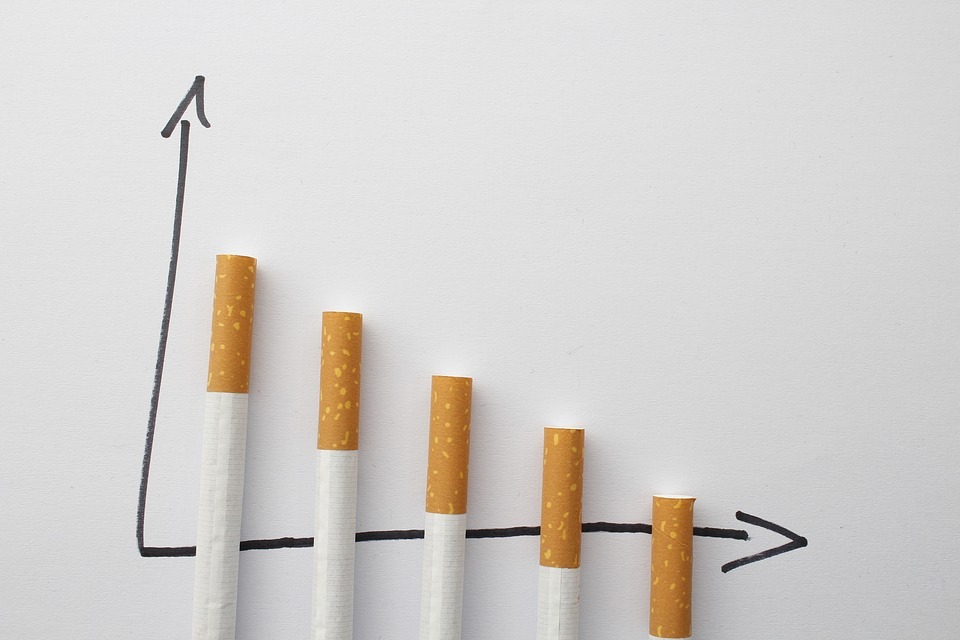Around 40% of our daily behavior is generated by an autopilot mode called ‘habits.’ This is because the human brain processes a vast range of complex information that it looks for repeatable tasks to turn into autopilot mode so it can save up mental energy.
Everyone is familiar with what habits are, whether good or bad. Everyone has them, whether it is on time management, doing house chores, or setting rules on your kids. But did you know that when you decide to form a new good habit or fix an old bad habit, the process creates a chain reaction of positive behavior changes in your body? This is called the Domino Effect.
This phenomenon happens since human behaviors are interconnected. Additionally, the Domino effect also happens since one’s behavior changing generates two core principles: commitment and consistency. When a person builds these two cores, the person is granted a lifetime supply of commitment and consistency, resulting in more beneficial changes in behavior.
However, it is important to note that the Domino Effect, although capable of shifting interrelated behaviors, must still be initiated by the person.
Here are a few tips to effectively use the Domino Effect to your advantage.
You have to start with the small things you are most motivated to do. However small these things are, they are sure to cause small but relevant changes in your behavior.
Create your formula
The first step in creating a positive behavior change or fixing a negative behavior is through habit formation. You need to identify your habit formula’s components: an effective cue to trigger the positive action. Then, you need to identify your reward for that action, a satisfying experience that can help motivate your process.
Scheduling your cue
The next thing you need to do is to schedule your cue. This means you literally need to set the alarm or a daily reminder to help build consistency in your cues. For instance, if you want to improve your sleep by adopting the habit of not having screen time an hour before your sleeping time, you need to set up an alarm an hour before your sleep time where you turn off your devices or set them aside.
If your habit formation is not necessarily bounded by time, you can create ‘if-then statements. For example, you can formulate a statement saying, “if it is already was nighttime, then I will finish all the necessary gadget usage as early as possible.”
Make sure that you start small. This means that you need to start with simple habit formation, which you think is achievable with the given factors in your daily routine.
Maintain and build consistency before you proceed with your next goal.
Consistency is a crucial factor in habit formation since you are dealing with repeated actions. Until an action becomes a habit, you may still think of all possible options to do.
Therefore, you need to eliminate your other options and only stick to your planned action.
However, studies are stating that repeated choices can deplete mental energy. This means that it can be mentally draining to form a new good habit for some time.
In this case, you can create an alternative option that is still similar to your target option but can still offer you mental rest every once in a while.
Things can be overwhelming in the bigger picture. You can break down the workload into smaller pieces and start working with the small chunks rather than approach the process with the big goal.
Here are other common mistakes you need to avoid
Taking shortcuts. As a human, you may want your process to be as convenient as possible or to fast-track your process to achieve your goal as soon as possible. However, this poses a greater risk of not being able to build sufficient consistency to create a lifetime habit.
Too much at a time. You may want to deal with your bad habits and create new ones at the same time. This is also possible, but this is also a risky move. Taking on too much work may result in faster depletion of your mental energy, thus, failed results. As mentioned above, start with small habit formation. Focus on building up the action until it successfully becomes a habit. Then, you can start with a new one.
Getting stuck with a deadline. Sure, it may work to set a deadline for yourself when you need to develop the habit fully. However, being too fixated on the time pressure you put yourself may also drain your energy much faster. Instead, you have to maintain little progress over time until the action becomes less of a chore and more of an innate action.
Behavioral change is an essential endeavor in a person’s life. With this, you can gradually fix your bad habits to improve your quality of life over time. While it may be hard, it is not impossible. With enough discipline, smart formula creation, willpower, and an efficient reward system, you can achieve your goals in no time.



